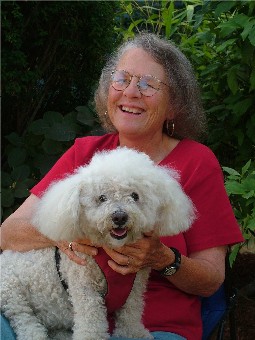
I just returned from our every-Sunday Ballard Farmers' Market where we got some salmon that was swimming yesterday (which makes you a little sad, really. I understand vegetarians!). We got some lettuce, carrots, and potatoes which were in the ground yesterday, and some eggs that were under chickens early this morning.
Then I came back home and settled down to a cup of tea from our local, independent herb/tea shop to read the current issue of Bob Banner’s wonderful publication, HopeDance. HopeDance is a newspaper, published every other month in San Luis Obispo, CA, that explores all things progressive and sustainable. This month’s issue is on the new localization movement.
(Or relocalization. Which is better, localization or relocalization? In some ways we’re returning to the past, but in other ways we’re creating something new.)
It’s an incredibly exciting issue, talking about all the things people are doing to revive our neighborhoods and local regions, everything from farmers' markets to shopping local.
It’s always nice to know you’re part of a larger movement, and localization is what we’re trying to do in Phinney Ecovillage. While some communities start with “issues,” like peak oil or shopping locally, we started with the “social” factor first. Our principal efforts are to bring people together to enjoy convivial conversation and to get to know their neighbors. Of course we focus on issues like global warming, peak oil, and shopping local, but our emphasis is always on community and congeniality. We like to call our little ecovillage "an oasis of conviviality."
In a way, these goals are harder in our neighborhood because it’s a very progressive area and people tend to see more value in coming out to hear an anti-war lecture than just getting together to talk with their neighbors.
But maybe getting to know your neighbors is the most radical step we can take, if “radical” means getting back to the roots. Maybe if we learn to care about our own species, we’ll learn to care about other species. If we learn community with each other, we can learn community with the Earth.
Of course global warming and peak oil will force us to return to the local because we cannot go on shipping things around the globe, using all that oil. But how much better if we create some models that work while we have a chance! The wonderful thing is that we’re not talking about bitter medicine here, but a leisurely, joyful way of life.
In any case, check our the May/June issue of HopeDance on (re)localization!

1 comment:
Keep up the good work.
Post a Comment